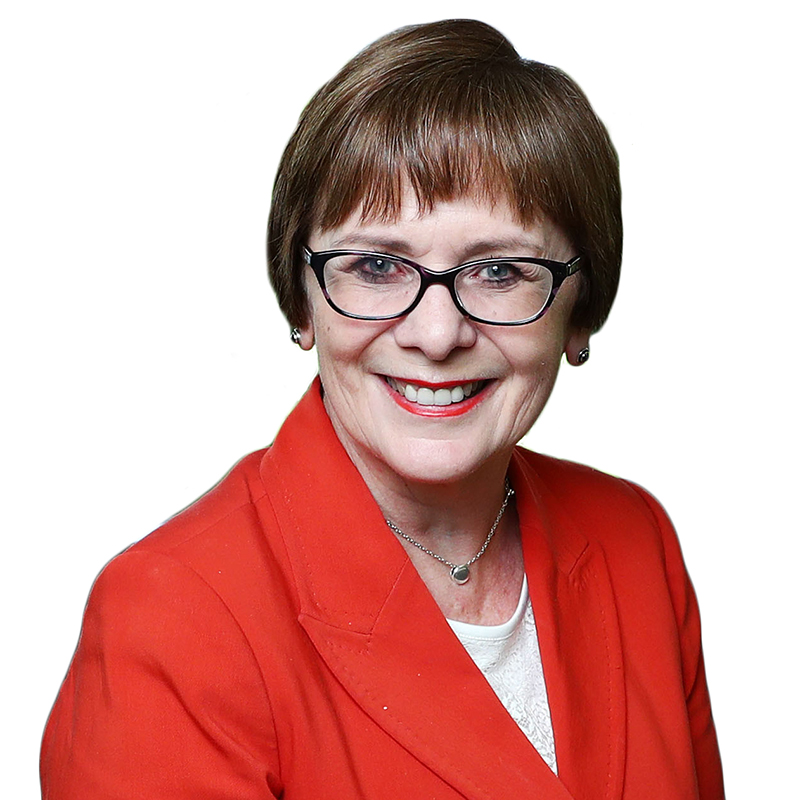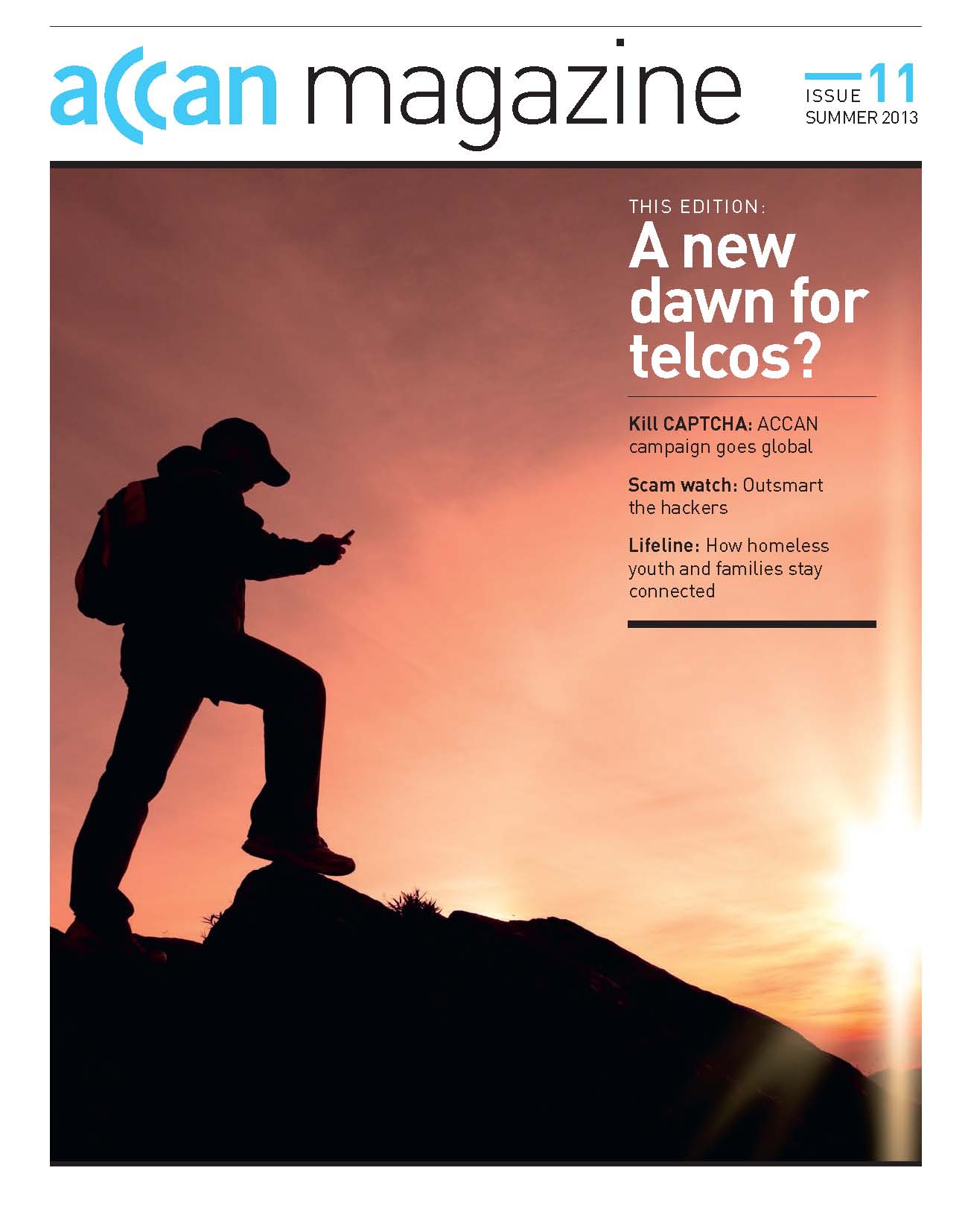Key Dates
Next Grant Round:
Applications for funding will open early 2025.
> Information about our Grants Program
Independent Grants Panel:
Results of the recent EOI will be notified Dec 2024.
> Information about our Panel
We can help: grants@accan.org.au
or phone 02 9288 4000
Subscribe to Grants Program mailings
The summary below outlines ACCAN's activities from 1 March – 31 May 2018.
 Children and Media Australia (Formerly ACCM)
Children and Media Australia (Formerly ACCM)
Grant Round: 2020
Amount: $48,000
Read more: Apps Can Trap - Tips for Protecting Children’s Privacy
![]()
Tablet devices - New South Wales
ACCAN is seeking nominations for Directors to fill four (4) vacancies on its Board.
In accordance with the ACCAN Constitution, the 2023-2024 ACCAN Board will consist of nine (9) members[1]. Six (6) positions are continuing Directors from the 2022-2023 Board. One (1) Director is retiring from the Board having completed two full terms and is ineligible for re-election in 2023-24. One (1) Director resigned from the Board on 16 August 2023. Two (2) Directors were co-opted to fill casual vacancies in 2022-23 in accordance with Section 21 of the ACCAN Constitution and are eligible to nominate for election to the Board. In accordance with Section 20 of the ACCAN Constitution, Board members are elected for a three-year term.
Read more: Call for nominations for the ACCAN Board
Write comment (0 Comments)A broad coalition of consumer advocates is calling for the Albanese Government to make one fundamental change to the proposed Scams Prevention Framework (SPF) and put reimbursement at its core, warning that without this improvement the SPF is not going to work for the tens of thousands of Australia’s robbed by scammers.
The group’s call is a core part of their submission -with seven key recommendations- in response to the Government’s Consultation on the exposure draft of the Scams Prevention Framework.
ACCAN recently submitted to the Department of Infrastructure, Transport, Regional Development, Communications and the Arts (the Department) on the First Nations Digital Support Hub and Network of Digital Mentors – Draft Combined Grant Opportunity Guidelines. ACCAN welcomes the First Nations Digital Support Hub and Network of Digital Mentors as an important step in supporting the digital ability and literacy of First Nations Australians.
ACCAN, in alliance with Australia's peak disability organisations, is calling for the federal government to implement a whole-of-government procurement policy for accessible information and communications technology (ICT). Ensuring that all government workplaces and services are accessible for people with disability will provide tangible benefits for the whole Australian community and economy.
Read more: Call for Australian Government policy for procurement of accessible ICT
Cloud computing has the potential to transform the way individual consumers and small businesses store and use data, potentially saving time, money and effort. You may already be using a cloud computing service like Hotmail or other web-based email services. However, cloud computing involves risks for consumers that must be carefully managed.
Mobile technology is a potential game changer for people with disability and many older people; providing access and inclusion through usable, accessible and affordable mobile equipment and services.

ACCAN has worked with Dr Paul Harrison (Deakin University) to examine the extent to which consumers understand the information provided to them by telecommunications providers. This research will guide ACCAN’s constructive contribution to future reviews of telecommunications industry customer information obligations, at a time when significant structural changes in the telecommunications market mean that consumers will be offered greater choice of retail providers and services.
Read more: Confident, but Confounded: Consumer Comprehension of Telecommunications Agreements
The summary below outlines ACCAN's activities from 1 December – 28 February 2018.
![]()
Tablet devices - Australian Capital Territory
Read more: Affordable Tablet devices - Australian Capital Territory
With the impending shut down of 3G networks and reallocation of spectrum for a range of uses, there is a great deal of discussion about what is spectrum and its essentiality in our daily lives. It is also an issue that many consumers, understandably, know little about. This article aims to provide some high-level information on spectrum, its uses and its importance to all of us, with as little technical jargon as possible.
Read more: An invisible public resource: why spectrum matters for Australia
Write comment (0 Comments)A report from the Telecommunication Industry Ombudsman (TIO) of a 14.6% reduction in consumer complaints over the past year is unlikely to be an indication of improved satisfaction with communications services. The reduction in complaints is more likely to indicate that telco consumers are increasingly giving up on the complaints process.
Over 50% of consumers report having at least one problem with their communications service in the last year. This fact alone should temper any industry claims that a reduction in complaints is a good outcome. The disconnect between customer’s experiences of their telco provider and a reduction in the level of complaints suggests the telecommunications complaints mechanism is not working or not fit for purpose.
Read more: A reduction in telco complaints may signal that consumers are giving up
ACCAN recently submitted to the Department of Infrastructure, Transport, Regional Development, Communications and the Arts (the Department) proposed First Nations Community Wi-Fi Program – Draft Grant Opportunity Guidelines. ACCAN welcomes the First Nations Community Wi-Fi Program as an important step to closing the digital divide in remote and very remote communities.
Read more: First Nations Community Wi-Fi Program – Draft Grant Opportunity Guidelines
What are captions?
Captions provide the dialogue and important background sounds in onscreen text for television viewers who are Deaf, hard of hearing or people watching television in noisy places, like the gym. Captions are displayed in text, usually at the bottom of the screen.
When are captions supposed to be provided on television?
All Australian free-to-air broadcasters must provide closed captions on programs shown between 6:00am and midnight on their primary channel (for example: Nine, Seven, Ten, ABC1 and SBS1). News and current affairs programs must have captions at all times.
Read more: Your rights: captions on television
Write comment (12 Comments)This position statement has been issued by peak disability and consumer groups regarding the two proposed mobile emergency services for people who are Deaf, hearing-impaired or with speech impairment or complex communication needs (CCN). We stand together in calling for a simultaneous implementation of bothan SMS emergency service and an emergency service provided via a smartphone application.
Read more: Access for people with disability to emergency calls
In response to emerging concerns around issues such as illegal downloading, ACCAN believes consumers’ interests must be represented in relation to copyright policy. As the peak consumer body representing communications consumers, we think it is important that we clarify our position on these issues and explain how we arrived at it.
As our communications market continues to develop and the essential nature of network connectivity increases, issues of affordability for many Australians are creating barriers to our communications networks. Overcoming these barriers is increasingly important as government services and information become ‘digital by default’. Ensuring that all Australians are able to afford to connect to communications networks and services suitable to their specific needs will increase economic, social and community participation.







 Deakin University
Deakin University

